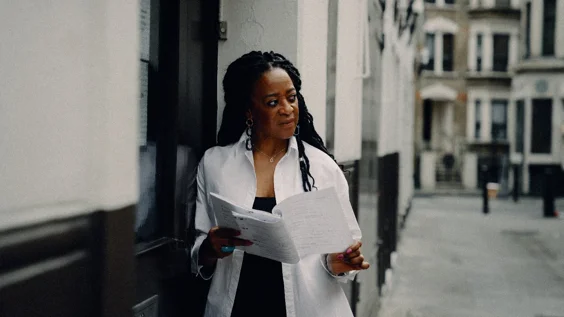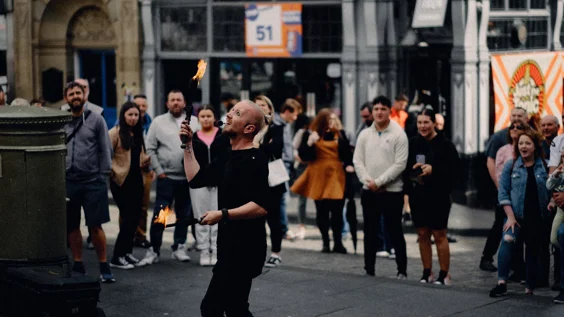The hiring process for a performer
The hiring process of a performer typically follows the following process:
- Casting - A developer/casting director/vendor will send a casting notice out to agents via Spotlight or similar, with information about the project and what they are looking for. They may also get directly in touch with an agent or performer.
- NDA - Performers are then usually asked to sign an NDA before auditioning (remotely or in person) for a specific role or roles.
- Audition - Auditions may take place in a studio space, casting office or voice studio. However, self-tapes are a very common first round or only round, particularly for mo-cap. There may be a recall stage before an offer is made.
- Offer - At the offer stage, the fee, usage and suggested recording hours are discussed by all parties.
- Negotiation - The fee, terms and conditions are subject to negotiation by both parties.
- Contract - Once agreed, a contract is signed by both parties before the first session.
- Initial engagement - The performer is engaged to fulfil their contractual obligations.
Additional engagements - If additional performance types are required after initial contracts have been signed, an addendum should be drawn up and signed by all parties, confirming additional performance type, fees and usage.
Non-Disclosure Agreements (NDAs)
It is common practice for performers to be asked to sign an NDA before auditioning (remotely or in person) for a specific role or roles. This agreement is a commitment to keep project information confidential. A typical NDA includes:
- Introduction and Parties: The NDA typically begins by identifying the parties involved, such as the game development studio, the performer, and any other relevant entities.
- Definition of Confidential Information: The NDA should clearly define what information is considered confidential. In the video games industry, this could include game concepts, storylines, characters, game mechanics, marketing plans, and more.
- Obligations of the Parties: The NDA should outline the responsibilities of both parties. For example, it may require the performer not to disclose or use the confidential information for any purpose other than the specified project.
- Duration: The NDA should specify the duration of the confidentiality obligation. It might be in effect for the duration of the project and for a certain number of years after its completion.
- Exceptions: The NDA may outline situations where confidentiality obligations do not apply. For instance, information that becomes publicly available through no fault of the performer might be exempt.
- Consequences of Breach: The NDA should describe the consequences of breaching the agreement, such as legal action or monetary damages.
- Miscellaneous Clauses: This can include provisions related to jurisdiction, dispute resolution, and other legal matters.
It is very important that performers understand the commercial terms of any NDA that they have signed. To be clear, NDA’s cannot prevent you from speaking to your trade union. Please read our NDA guidance for more information. We encourage Equity members to contact the union if you have any queries or concerns.



